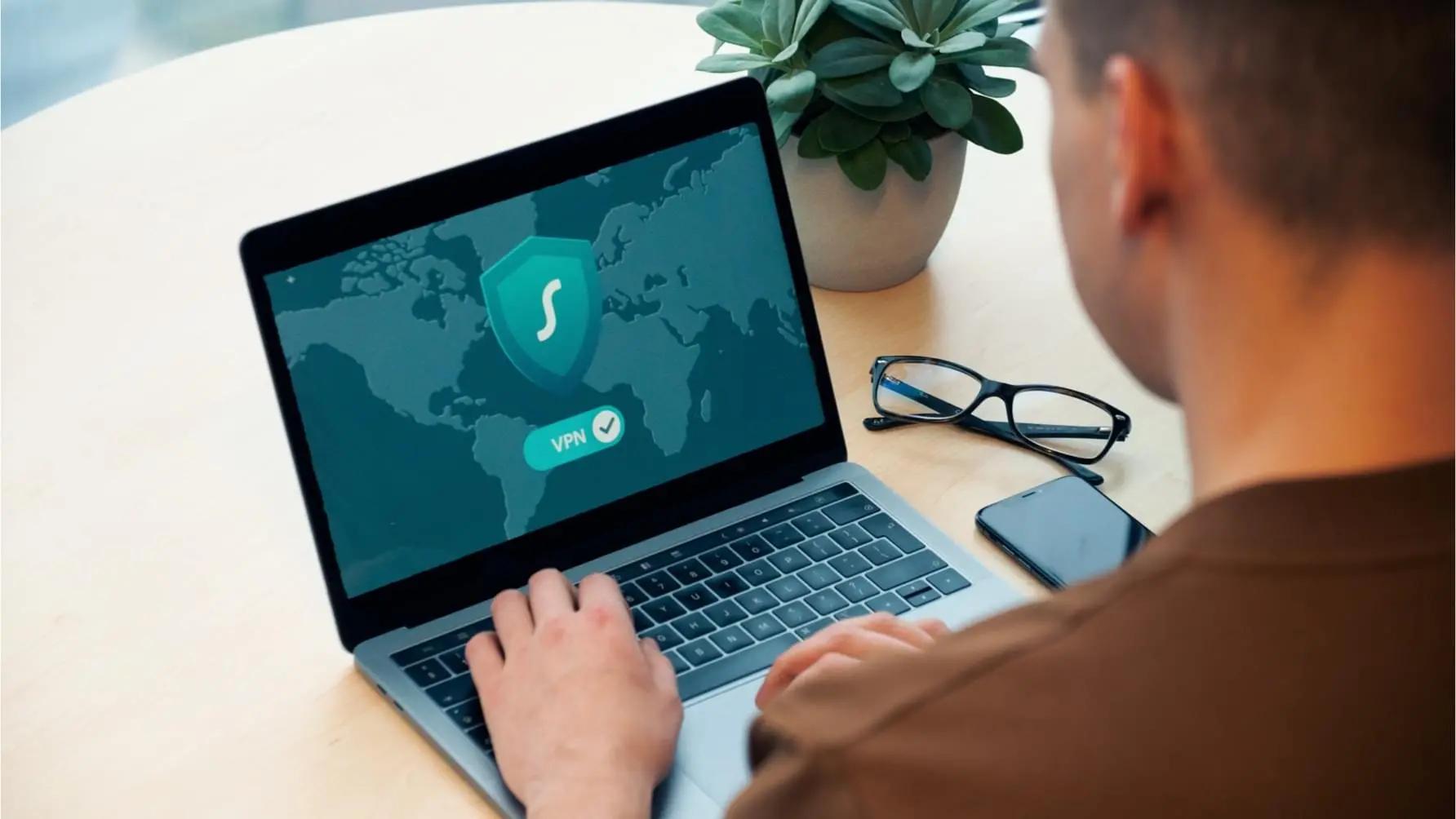Email is one of the most important and widely used business communication tools used by small and large businesses alike. It has become a necessary way for employees and customers to communicate, and it’s often seen as a critical part of customer service.
Radicati research shows that there were around 320 million emails sent and received each day in 2021; this figure is expected to reach 347 million per day by 2023. Business emails often contain important and sensitive information that in the wrong hands can cause financial losses, embarrassment, and loss of customer trust in your company.
An important mechanism that can prevent email content exposure is email encryption, but how does this form of encryption work and why should a company use it?
Why Encrypt Emails?
Research by the UK’s ICO shows that email-related data exposure is the biggest contributor to security incidents. A business runs on its ability to communicate effectively, and email content is no exception. Without business email encryption, email communication is the most insecure way to pass critical information from one user to another.
Effective communication means that information must be securely transmitted and maintain confidentiality and integrity. Mitigating this risk requires specialist encryption technology that protects emails during transit and continues to protect information once an email is received.
The reasons for maintaining email security are many and include confidentiality and compliance with data protection laws.
Email compromise can happen because of malicious intent or accidentally:
Email Interception and Hijacking:
Cybercriminals use various techniques to hijack or intercept emails for nefarious reasons. Attack techniques include DNS hijacking, whereby emails are intercepted by hijacking the DNS MX record used to direct email to a web server. Stolen login credentials, obtained from previous data breaches or via phishing emails can also lead to compromised email accounts. In an insecure communication network, attackers can hijack email content and eavesdrop on the sender and recipients communication as they send and reply to unencrypted messages.
Accidental Email Exposure:
Research has shown that 58% of employees have sent an email to the wrong person. Email misdirection causes an email to be sent to the wrong person(s). If that email contains sensitive or personal data, a company could be in non-compliance with data protection laws, and/or proprietary information could be revealed.
A robust email encryption solution can mitigate email hijacking and interception as well as helping to prevent email exposure through misdirection incidents.
Unencrypted Email Storage:
Email is stored somewhere, whether it’s on the recipient’s device storage or on the server. In some cases, email messages are stored on both the user’s device and the email server. Should an attacker gain access to where email is stored, the attacker would have access to numerous corporate messages, which could expose trade secrets, intellectual property, customer personally identifiable information (PII) and other sensitive data.
Did You Know?
breached records in 2023
of employees share passwords
estimated cost of cybercrime globally
knowingly sent private information in an email
How Does Email Encryption Work?
Email encryption ensures confidentiality and integrity of email body content and attachments. When an email is encrypted, the entire contents of the email are made unintelligible unless the person who opens the email has the key to decrypt it. It is also protected against interception during delivery. An encrypted email can be sent, knowing that the content cannot be read by unauthorized persons or tampered with. In an encrypted email environment, only the sender and recipient can read the message content. An eavesdropping behavior would be ineffective for an attacker.
Email encryption solutions, such as EncryptTitan, typically offer two layers of email encryption:
TLS for Protection During Transfer:
The encryption protocol called Transport Layer Security (TLS) is used to secure the sharing of emails as they are passed between sender and recipient. TLS is the next generation of the old Secured Socket Layer (SSL), which is used to encrypt and protect data transmitted across a public or private network. TLS replaces SSL as the upgraded and cryptographically secure SSL cipher suites, but the two acronyms are often used interchangeably. TLS is used to prevent Man-in-the-Middle (MitM) and other interception attacks, many of which are invisible to both the sender and recipient communicating with sensitive data. Also, if an email solution uses the TLS method known as TLS-Verify, the recipient does not have to take any additional steps to read the encrypted message, so improving the usability of email encryption.
End-to-end Encryption:
This is used as an additional layer of encryption above and beyond TLS. When end-to-end encryption of emails is applied to communications, the user is required to authenticate to decrypt the message to ensure only the correct recipient can read the message. By adding authentication to the entire communication process, an attacker needs more than private keys to decrypt data.
Email Encryption should be multi-layered, protecting against emails interception during transfer as well only allowing decryption of an email by an authenticated recipient.
What Features to Look for When Choosing an Email Encryption Solution
There are a lot of email encryption solutions on the market, which makes it difficult for any business to choose with email encryption product is the best for their unique needs and requirements. To make sure you choose the right one for your needs the solution should tick the following checkboxes before you sign a contract or buy into any solution:
Robust Encryption Implemented by the Solution:
Email encryption should be multi-layered, protecting against emails interception during transfer, as well only allowing decryption of an email by an authenticated recipient. Multiple layers of security ensures that attackers must peel away multiple protections instead of just one. An attacker would need several exploits to eavesdrop and decrypt email contents and data.
Encrypt Attachments too:
Email attachments, as well as the email body content, should be encrypted. Oftentimes, businesses attach sensitive spreadsheets and documents that contain customer personally identifiable information (PII), and without encryption of these documents an attacker can steal them and read contents, meaning even with email text encryption, the document contents would be vulnerable to data eavesdropping.
Ease of use for Employees:
The ability to encrypt emails seamlessly is vital to ensure that employee productivity is not impacted. Some email encryption solutions, such as EncryptTitan, also offer Outlook plugins to provide user-controlled email encryption. By adding convenience to email encryption, you ensure that users will not find bypasses to avoid using it, which is a major issue for most corporations. Although security is often inconvenient, it doesn’t need to be and EncryptTitan helps users as well as business security.
Ease of Administration and Deployment:
Cloud-based email encryption solutions mean that your organization does not need to set up and deploy on-site hardware. Cloud-based solutions are centrally managed and provide for massive scalability. Administrators will appreciate a solution that doesn’t require hours of overhead and future maintenance but still is effective at protecting sensitive data.
Cost-effective as well as Secure:
Solutions such as EncryptTitan are also available ‘as-a-Service’ from an MSP (Managed Service Provider) making them highly cost-effective. EncryptTitan empowers MSPs to deliver effective security across their customer email servers and reduce risk of customer data loss. With the as-a-service payment modle, MSPs can roll out a cost-effective solution for both small and large businesses.
If you haven’t implemented email encryption on your environment, you could be disclosing sensitive data to attackers.
Protects Emails Going to the Wrong Person:
Data Loss Prevention (DLP) is a feature of some email encryption platforms, such as EncryptTitan. DLP allows administrators and/or employees to set up keywords that trigger automated encryption of sensitive emails. This prevents sensitive company information from accidentally being disclosed outside a company and potentially falling into the wrong hands. Although EncryptTitan offers an Outlook plugin for users, our DLP solution acts as a failover when human error happens and employees are not aware of sensitive data being transferred in email messages.
Email Environment Agnostic:
By their nature, email clients come in many forms and work across many environments. Any email encryption solution must be agnostic to email environments to be workable in the real world. By being environment agnostic, EncryptTitan makes it easier for administrators and MSPs to deploy solutions to any customer regardless of their network setup, and including cloud-based environments.
Email is a fluid body that carries, often sensitive data, outside of the enterprise. Email is also an attractive target for cybercriminals, as well as being a potential point of accidental data disclosure. Email encryption, done well, however, provides a vital security layer that extends protection outside of the company boundaries to protect email-borne data. As employees encompass remote working, email encryption is a must have to build a protective but expansive wall around emails and the content they deliver.
If you haven’t implemented email encryption on your environment, you could be disclosing sensitive data to attackers. The most frustrating part is that you would unknowingly be exposing customer data to an attacker without any indication of it happening. For organizations that must follow compliance regulations in the US or EU, you could be risking hefty fines should data disclosure from email communication be the reason for a data breach. In addition to data theft, without a DLP solution you could be non-compliant due to a critical crash on the server where email data is lost.
EncryptTitan Email Encryption for Small Businesses
EncryptTitan is a solution that covers many of the security issues revolving around email communication. Of course, email communication is necessary for all organizations to efficiently do business with customers, whether it’s individuals or businesses. Our end-to-end encryption adds a layer to traditional email security so that organizations can better protect encrypted data from potential brute-force attacks and theft of private keys. Our solutions are easily deployed across a myriad of environments, including cloud-based networks.
Whether you’re an MSP or an administrator responsible for email security, EncryptTitan is a full security solution that can be rolled out relatively easily, and you can have encryption implemented on email communication with only a few configurations put into place. You don’t need much overhead to maintain EncryptTital, so it does not become a large administrative overhead.

Susan Morrow
- DATA PROTECTION
- EMAIL ARCHIVING
Talk to our Team today

